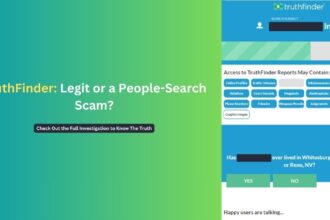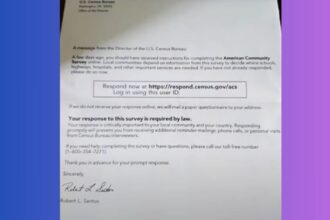Reports have surfaced of text message scams offering fraudulent remote jobs at Allegis Group companies like Aerotek and TEKsystems. The prominent staffing firm issued an official warning against engaging with the identity theft attempts masquerading as employment opportunities. Allegis is now assisting law enforcement to track down the latest incarnation of illegal phishing schemes thriving amid the work from home hiring spikes.
Who Are Allegis Group?
Allegis Group serves as the parent company for several well-known talent recruitment brands. Founded in 1983 and headquartered in Maryland, it generates over $13 billion in annual revenues with operations across the globe. Its subsidiaries like Aerotek (engineering/tech) and TEKsystems (IT services) place contingent workers and offer workforce solutions.
Given Allegis’ scale and reputation, scammers frequently impersonate being its recruiters to carry more legitimacy. However, cold contacts by unsolicited text should be treated as suspicious regardless of the company named.
How the Scam Text Message Spreads
Reports detail text messages being received randomly from numbers with no clear source. They offer online part-time roles with incredibly high salaries such as $100/per hour alongside requests for personal information to “verify identity” and be hired instantly.
Spelling/grammar mistakes, urgent deadlines, instructions to download files, or interview scheduling over messaging apps expose their fraudulent nature. But the biggest giveaway is upfront demands for “training fees” or account access to process pay—something no legitimate firm would do.
Allegis Group and Careers Has Not Contacted You
Allegis Group’s official statement says bluntly it “will never ask for money as part of its recruitment or appointment processes.” The company does not initiate contact via unsolicited texting.
So if received an Allegis job lead this way, especially involving any financial requests, it can be dismissed as an attempted scam with full certainty. No matter what details the texts may include about the role, manager names, or your own application history.
Verify Before Providing Info
Standard guidance is not to supply personal or banking details to potential employers before formal hiring anyway. But complete avoidance of engagement with communication of undetermined origin is warranted here.
The Federal Trade Commission stresses verifying a job’s legitimacy through a company’s official channels before acting on an offer. Do not use any contact information or links provided in the suspicious texts themselves to follow up.
Report Allegis Impersonation Attempts
If receiving what transpires to be a fraudulent text from supposed Allegis Group reps or subsidiaries, the firm requests it be reported for investigation. Forward the phone numbers, names, messages contents, and other specifics to [email protected].
This contact email also allows legitimate candidates to validate they are interacting with actual staff. Allegis Group recruiters all have corporate email addresses for outreach.
How To Spot Job Scam Red Flags
While the fake Allegis texts are quite brazen, the FTC notes common job scams start subtly before escalating requests. Warning signs include:
- Vague role details using boilerplate descriptors
- Requirements for software downloads to even apply
- Interviews scheduled via messaging apps, not emails/calls
- Requests for banking access or cash transfers
When unsure, look up the company’s real website and contact info to independently confirm postings rather than assume legitimacy. Restrict sharing personal data until bona fide hiring paperwork is directly underway with verified staff.
What To Do If You Shared Info
If you supplied any sensitive information, financial or access credentials to later-determined fraudulent job listings, take precautions against identity theft immediately.
Freeze credit reports, contact your bank to flag suspicious activity, change account passwords and security answers, install anti-malware on devices, and monitor closely for unauthorized charges. A credit monitoring service can provide alerts to new lines opened in your name also.
You should report the scam to the FTC to join tracking efforts, provide details aiding prosecution, and receive guidance on recovery procedures for victims. Formally documenting compromised data also helps reduce liability for fraudulent use.
What Allegis Is Doing
Alongside warning job seekers and gathering intel from recipients, Allegis Group’s corporate security team and legal department are pursuing next steps. They aim to identify the scammers, halt the texts at scale, and assist law enforcement in holding impersonators legally accountable.
Unemployment scams have ballooned globally in the remote-work era because isolation makes people more trusting of unverified contacts. But understanding common tactics along with proactive verification can help jobseekers avoid compromising situations and still connect to legitimate openings.


























